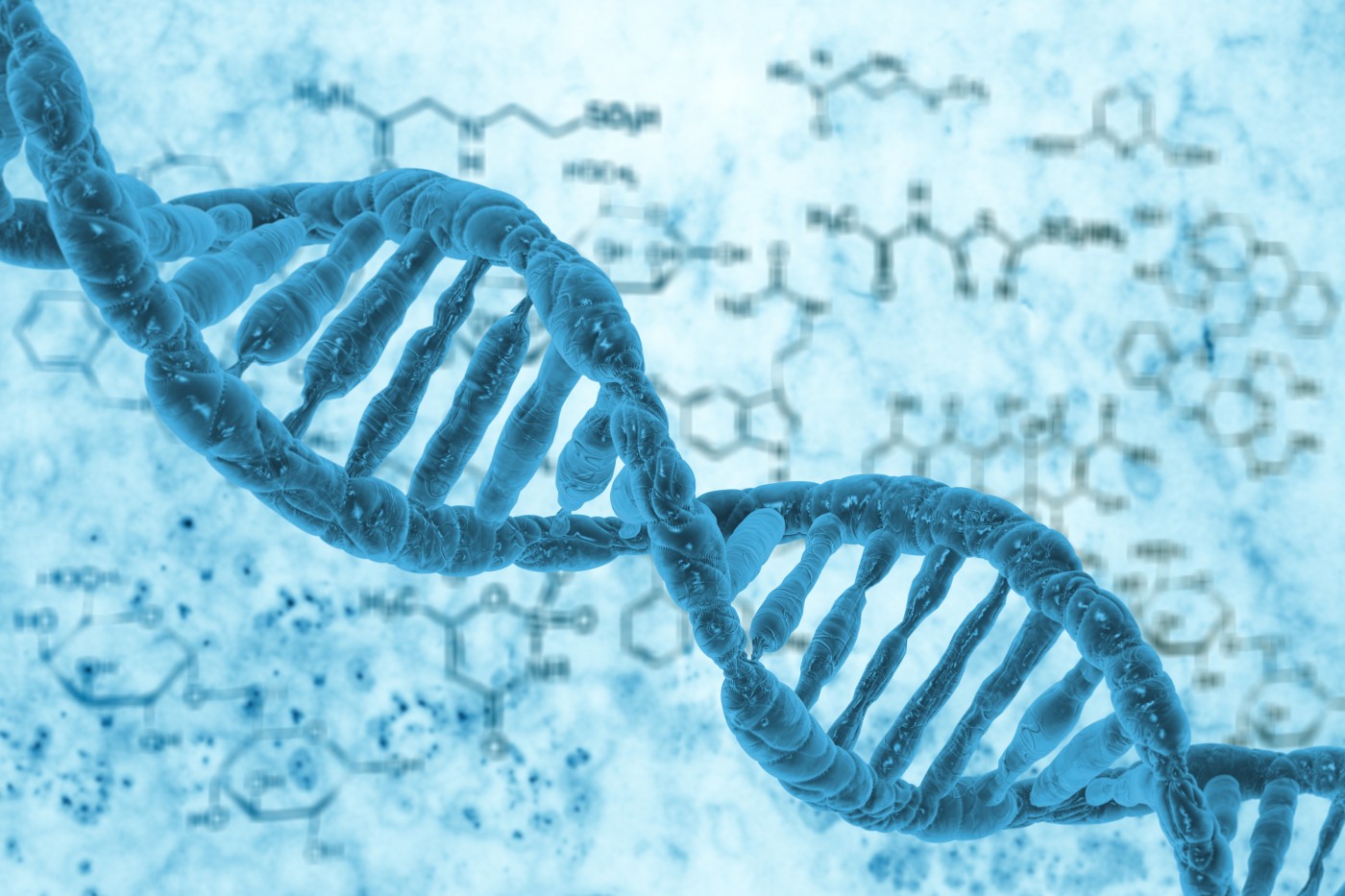A study has shown that a new compound, JQEZ5, may help to treat certain types of cancers, particularly lymphoma and melanoma. The article, published in the journal Nature Medicine, is titled “An oncogenic Ezh2 mutation induces tumors through global redistribution of histone 3 lysine 27 trimethylation.”
Researchers from University of North Carolina School of Medicine and University of North Carolina Lineberger Comprehensive Cancer Center developed new mouse models of B-cell lymphoma and melanoma. A specific mutation in a gene called EZH2 was introduced in B-cells and melanocytes (pigment producing skin cells) of the animals.
They then tested the newly developed compound, JQEZ5, in these mice and saw that it was highly potent and had minimal toxicity. These results suggest that the drug could potentially be used to treat cancer patients.
A mutation in the EZH2 gene causes many types of cancer, including B-cell lymphomas and melanomas, a deadly skin cancer. The mutation leads to the malfunctioning of the enzyme encoded by the gene, which in turn results in dysregulated cells and the development of tumors. JQEZ5 blocks the activity of the EZH2 enzyme.
“We have shown that the biology of tumors driven by this mutation are distinct from other types of lymphoma and melanoma, and that these tumors require persistent malfunction of EZH2 for growth,” Dr. Norman Sharpless, director of UNC Lineberger and the Wellcome Distinguished Professor of Cancer Research, said in a press release. “And with our collaborators, we have shown that a potential new drug designed to target EZH2 mutations in such cancers is very active in our laboratory models.”
Although a mutation in the EZH2 gene is sufficient for B-cell lymphoma to develop, in melanomas a mutation in another gene, called BRAF, also usually occurs. JQEZ5 could be used in combination with other drugs such as BRAF inhibitors, which have already been approved by the U.S. Food and Drug Administration (FDA), to treat these cancers.
Given that EZH2 mutations are seen in many different types of cancer, inhibiting the activity of the malfunctioning enzyme it encodes may benefit a large number of people. But as JQEZ5 is an investigational compound that has only been tested in animal models, carefully designed clinical trials in people are needed before the drug might be approved for wider use.



One comment